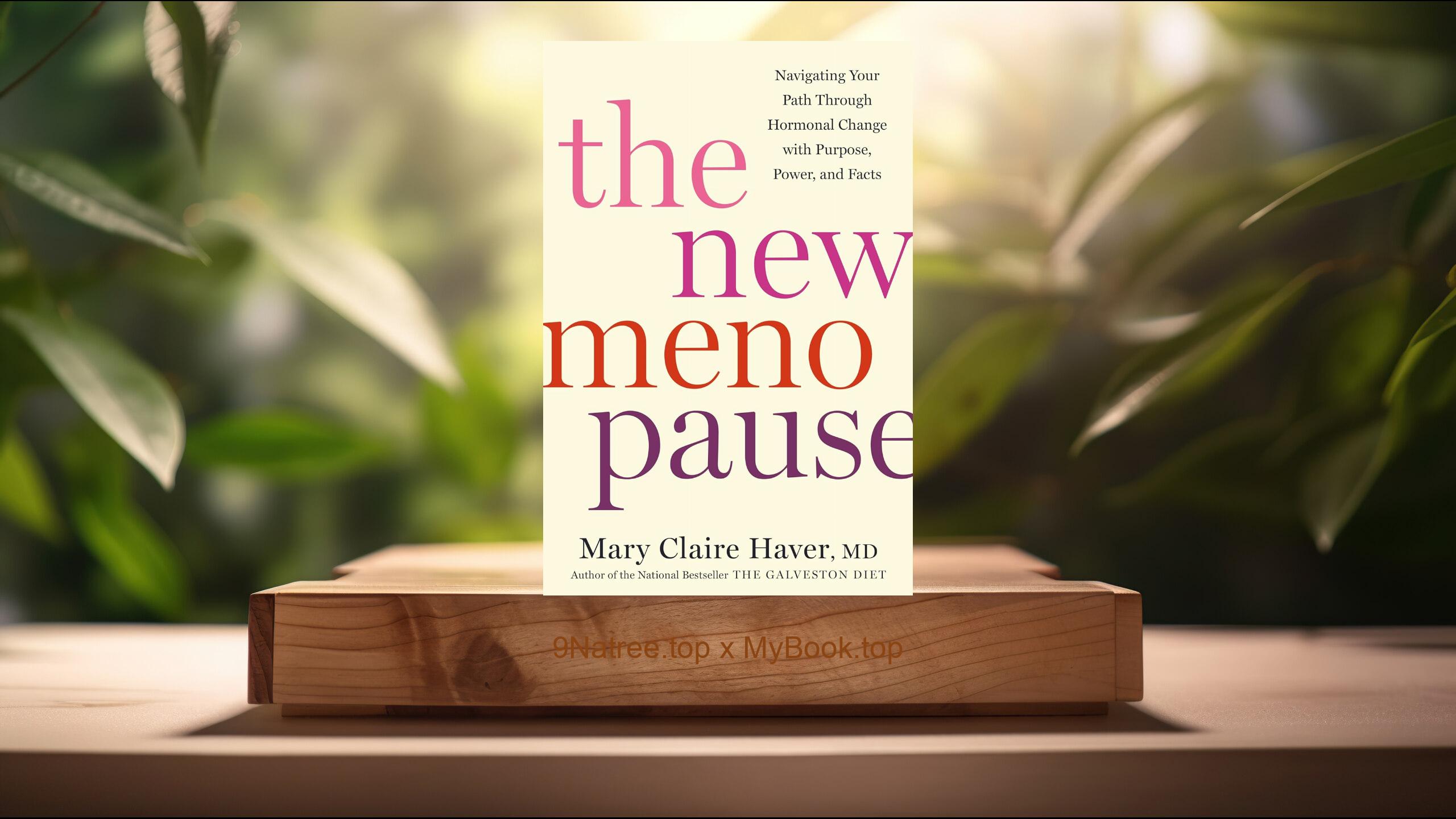Show Notes
- Amazon US Store: https://www.amazon.com/dp/0062946242?tag=9natree-20
- Amazon Worldwide Store: https://global.buys.trade/The-Grieving-Brain-Mary-Frances-O-Connor.html
- Apple Books: https://books.apple.com/us/audiobook/the-grieving-brain/id1590590436?itsct=books_box_link&itscg=30200&ls=1&at=1001l3bAw&ct=9natree
- eBay: https://www.ebay.com/sch/i.html?_nkw=The+Grieving+Brain+Mary+Frances+O+Connor+&mkcid=1&mkrid=711-53200-19255-0&siteid=0&campid=5339060787&customid=9natree&toolid=10001&mkevt=1
- Read more: https://mybook.top/read/0062946242/
#grievingprocess #neuroscienceofgrief #healingafterloss #memoryandloss #socialsupportingrief #copingstrategiesforbereavement #posttraumaticgrowth #TheGrievingBrain
These are takeaways from this book.
Firstly, The Neuroscience of Grief, In 'The Grieving Brain', O'Connor delves into the neurological responses to loss, illustrating how grief activates specific areas of the brain associated with memory, emotion, and social cognition. She explains the role of neurotransmitters and how the brain's attempt to process the absence of a loved one can lead to the intense emotional and physical sensations that characterize grief. Understanding these neurological processes helps to demystify the experience of grief, providing a scientific framework to understand the various ways grief manifests.
Secondly, The Role of Memory in Grief, Memory plays a pivotal role in the grieving process, as O'Connor highlights. The book discusses how memories of the deceased are processed and stored in the brain, and how these memories can trigger both pain and comfort for the bereaved. O'Connor explores the dual process model of coping with bereavement, including the oscillation between confronting and avoiding memories of the lost loved one, and how this balance is crucial for healing.
Thirdly, The Social Aspect of Grief, O'Connor emphasizes the importance of social support and connection in the grieving process. She explains how empathy, compassion, and shared experiences of loss can activate networks in the brain that mitigate feelings of isolation and promote healing. The book also examines how culture, society, and individual beliefs about death and mourning influence the grieving process, showing the interconnectedness of the social and neurobiological aspects of grief.
Fourthly, The Path Towards Healing, The journey through grief is not linear, and O'Connor outlines various coping strategies and interventions that can support the grieving brain. From mindfulness and self-compassion to cognitive-behavioral techniques, the book offers insights into how individuals can engage their brain's own plasticity for healing. It also discusses the potential for post-traumatic growth and how individuals can find meaning and resilience in the aftermath of loss.
Lastly, The Uniqueness of Each Grieving Brain, One of the key takeaways from 'The Grieving Brain' is the acknowledgment of the uniqueness of each individual's grieving process. O'Connor presents compelling evidence demonstrating how genetic factors, life experiences, and personal relationships influence how we grieve. This personalized approach to understanding grief highlights the necessity of tailored support and interventions to address the specific needs of each bereaved individual.
![[Review] The Grieving Brain (Mary-Frances O'Connor) Summarized](https://episodes.castos.com/660078c6833215-59505987/images/1812689/c1a-085k3-ok4n520vc26w-lycqhg.jpg)




